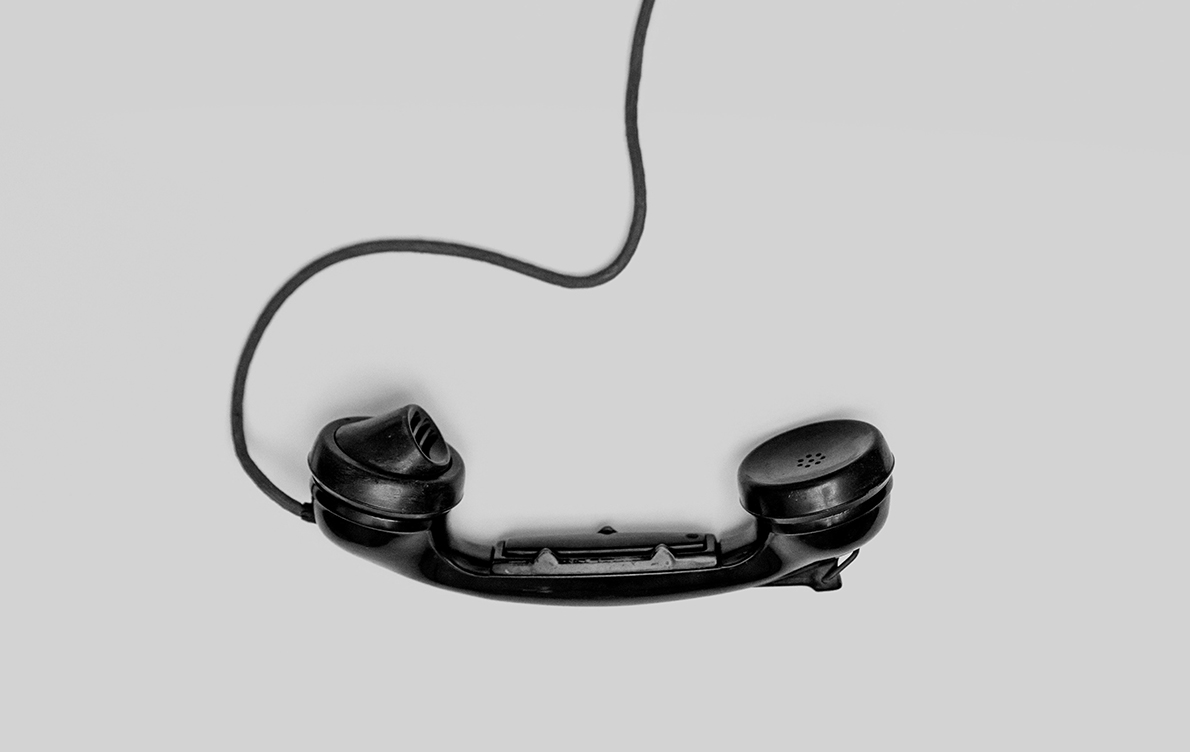Broad Whistleblower Protections Are Included In The American Recovery and Reinvestment Act of 2009
The American Recovery and Reinvestment Act of 2009 (the “Recovery Act”) is an economic stimulus package enacted by Congress and signed into law by President Obama on February 17, 2009. The Recovery Act is based largely on proposals made by President Obama and is intended to provide a stimulus to the country’s economy in the wake of the recent economic downtown. The Recovery Act includes federal tax relief; expansion of unemployment compensation benefits and other social welfare provisions; and domestic spending in education, health care and infrastructure. Often overlooked, but of particular importance to employers and employees, are the powerful “whistleblower” protections created by the Recovery Act. The Act’s whistleblower provisions apply to employers that receive a contract, subcontract, grant or other payment funded in whole or in part by the federal stimulus package.
The Recovery Act protects both traditional whistleblowers who report fraud or illegal activity as well as employees who complain about mismanagement, waste, dangers to public health or safety, or an abuse of authority. The terms of the Recovery Act’s protections are broader in scope than other whistleblower statutes such as the New Jersey Conscientious Employee Protections Act (“CEPA”) or Sarbanes Oxley. For example, the Recovery Act protects employees who informally complain to their direct supervisor or to any other employer representative with the authority to investigate, discover or remedy misconduct. Specifically, it protects complaints made by employees in the ordinary course of their job duties.
Not only does the Recovery Act expand the scope of protected employee activity, but it also sets forth a relatively easy burden for employees to satisfy to establish they were the subject of retaliation. The Recovery Act provides that employees need only demonstrate that their protected activity was a “contributing factor” in the adverse action taken against them. Employees can meet this burden through the use of “circumstantial evidence.” On the other hand, employers have quite a difficult burden to defeat a whisteblower claim, since under the Recovery Act they must prove by “clear and convincing evidence” that they acted for a legitimate purpose unrelated to any protected whisteblower activity. Due to the scope of the protections provided to employees under the Recovery Act as well as the respective burdens of both employers and employees, employers must be aware of their potential liability.
No aspect of this advertisement has been approved by the highest court in any state.
Results may vary depending on your particular facts and legal circumstances.
As the law continues to evolve on these matters, please note that this article is current as of date and time of publication and may not reflect subsequent developments. The content and interpretation of the issues addressed herein is subject to change. Cole Schotz P.C. disclaims any and all liability with respect to actions taken or not taken based on any or all of the contents of this publication to the fullest extent permitted by law. This is for general informational purposes and does not constitute legal advice or create an attorney-client relationship. Do not act or refrain from acting upon the information contained in this publication without obtaining legal, financial and tax advice. For further information, please do not hesitate to reach out to your firm contact or to any of the attorneys listed in this publication.
Join Our Mailing List
Stay up to date with the latest insights, events, and more





